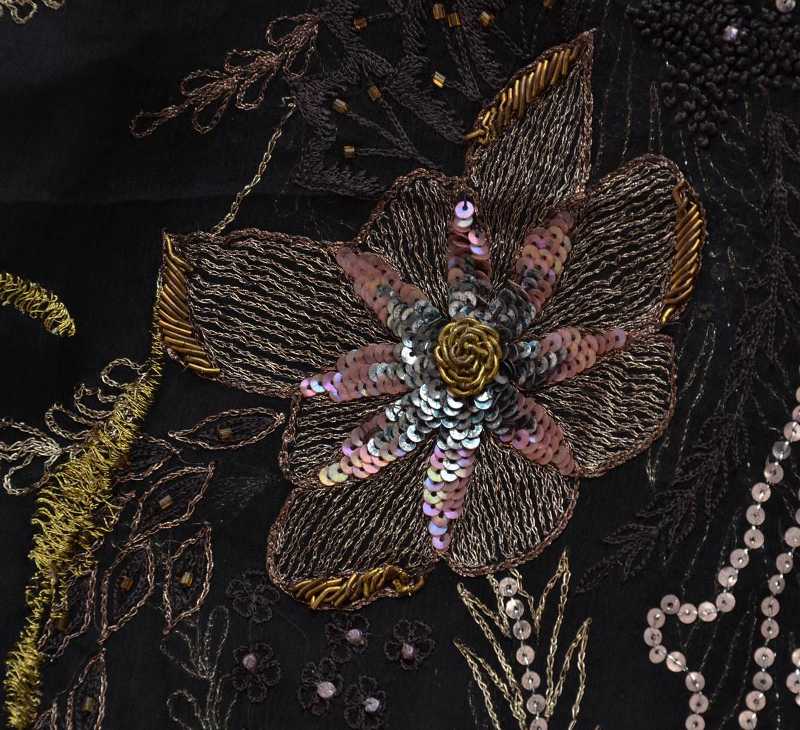===
0887,
2
===

=== |
 |
ḳhāk huʾe bar-bād huʾe pā-māl huʾe sab maḥv huʾe
aur shadāʾid ʿishq kī rah ke kaise ham hamvār kareñ
1) we became dust, we were flung to the wind, we were trampled underfoot, we were entirely annihilated
2) more/other hardships of the road of passion-- how would we make them smooth/level/easy?
shadāʾid : 'Difficult matters or things, difficulties; hardships, adversities, troubles, tribulations; disagreeable events'. (Platts p.723)
hamvār : 'Plain, even, level, smooth; —proportional, symmetrical, well-made; —trained, disciplined; —suitable, worthy, fit'. (Platts p.1235)
FWP:
SETS == MUSHAIRAH
MOTIFS == [DEAD LOVER SPEAKS]
NAMES
TERMS == PARADOXThe first line gives us an inventory of progressive sufferings that culminate in the lover's being completely obliterated. As we wait for the second line-- and under mushairah performance conditions, the wait is of course as long as can conveniently be managed-- we speculate where it will go, and we expect the speaker to look back from beyond death and perhaps express bitterness ('such was my life in this wretched world') or reconciliation ('never mind, it was all worth it').
But instead, we find that the speaker brushes aside all these disasters, and is preoccupied only with the prospect of more disasters yet to come. Not until the last possible moment, when we hear hamvār , do we fully realize the nature of his obsession. The most plausible reading is one of contrast-- well, we've passed through all these other hardships, we've endured them, we've even made them seem hamvār -- but how will we be able to make hamvār the ones yet to come? (Will the ones yet to come be even harder? Will the ones yet to come be impossible for an obliterated person to surmount?)
Apparently the road of passion goes on well beyond not just death but even oblivion, and is inexhaustibly full of ever more and ever-new hardships. But of course, the lover is also a madman, so his thinking may well be hyperbolic and/or wrong.
Note for grammar fans: Platts says that shadāʾid is a feminine plural (cf. shiddat , from which we get shiddateñ ), but Mir seems to treat it as a masculine plural, since it's modified by ke . SRF doesn't seem to be bothered about this, so perhaps it's used both ways.